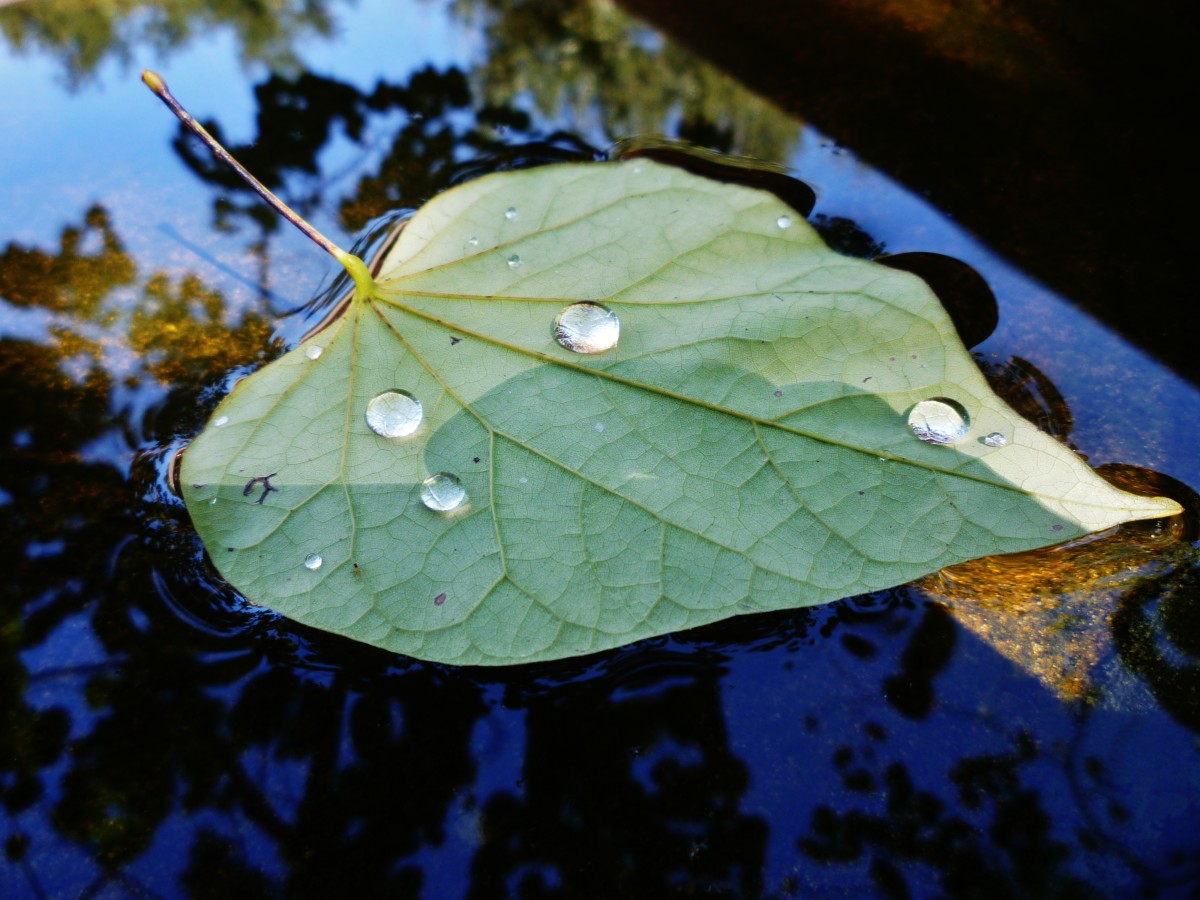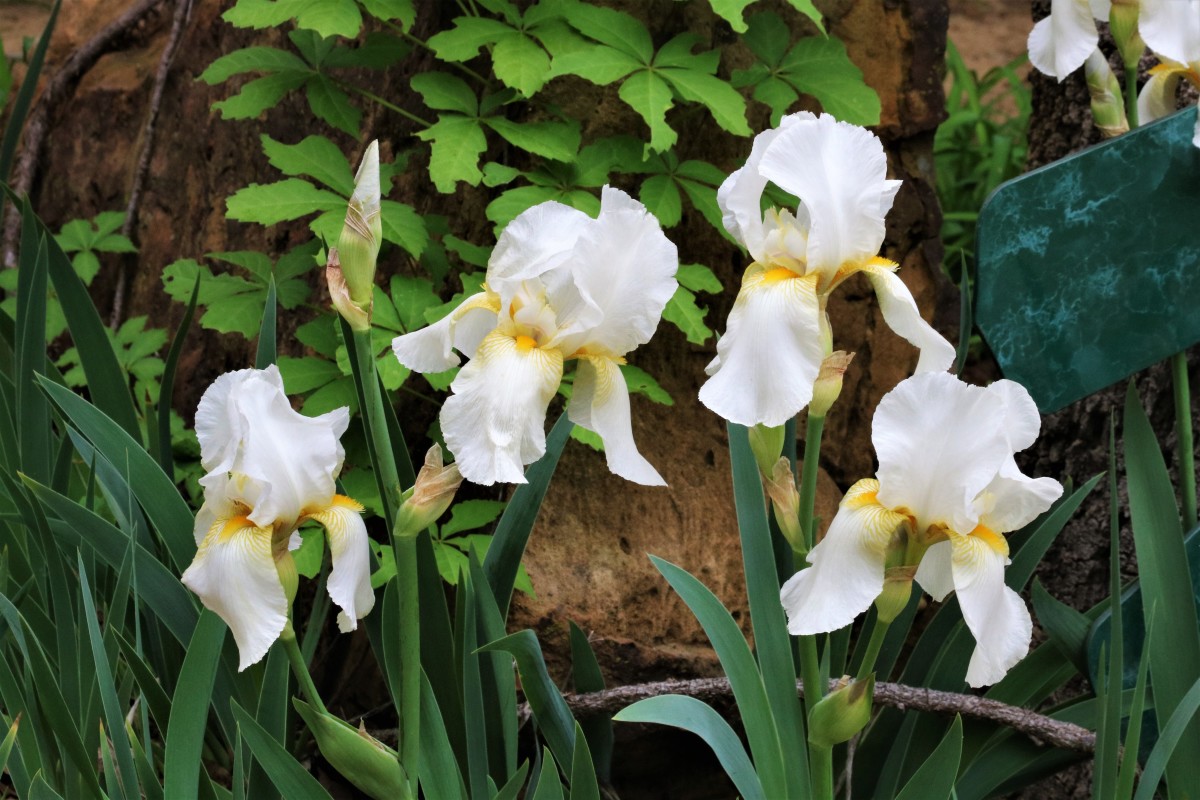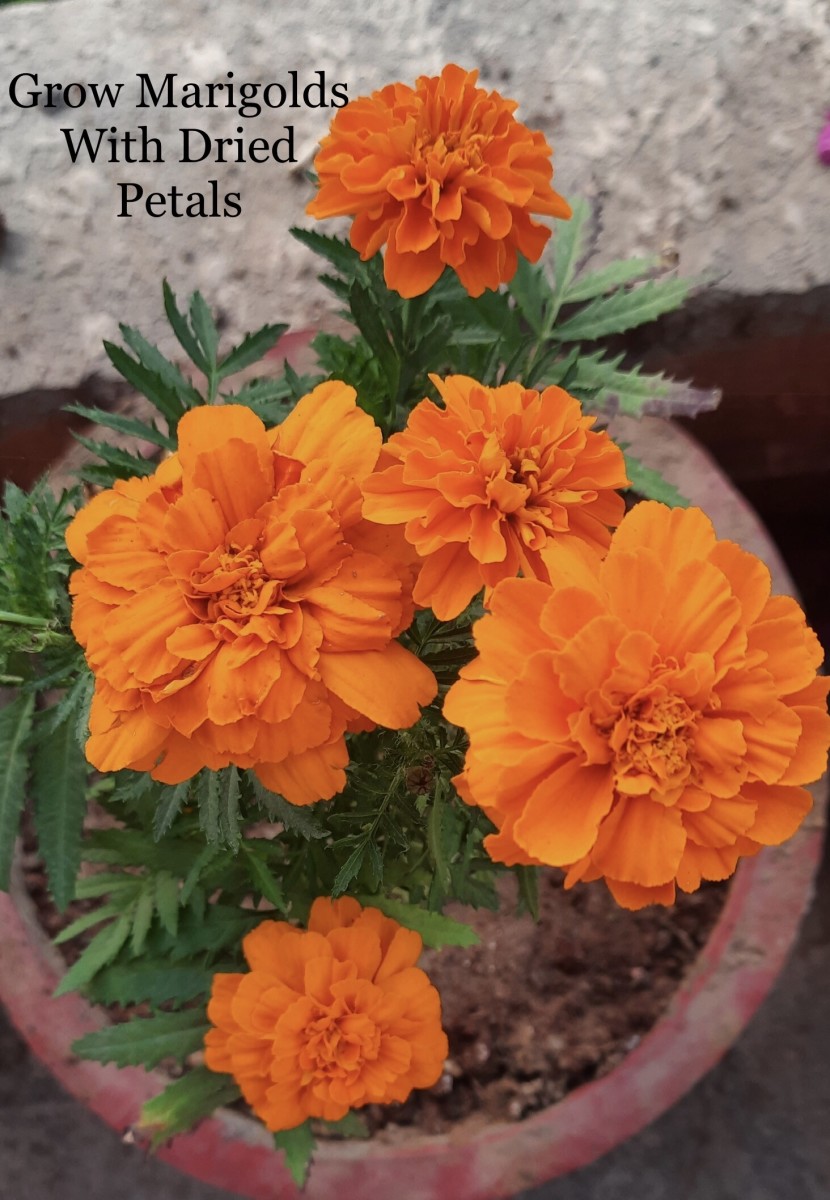Roses: Perpetuate Their Beauty
Tea Rose

Introduction to Roses
It's delicate petals and it's rich romantic aroma, nothing quite speaks roses quite like these qualities. I inherited my mother's beautiful roses and these past three years, I started accumulating the knowledge of how to take care of these beautiful flowers. Come with me on this quest and learning experience.
Wintering Roses
I inherited from my dear mother a bevy of rosebushes. When she was alive they were well taken care of but since I became in charge they have gone unruly and wild. Over the summer I decided the roses need to be gotten under control. So, I started to prune the rosebushes which included both cutting off dead canes and deadheading. Now, I heard from our local Master Gardening group the idea of wintering roses. Through my own research, I discovered what this means.
Roses through the intervention of humans have been very specialized through breeding over the years. Certainly, they are beautiful but such beauty has a price. In the winter when the temperatures get cold, the roses are particularly vulnerable especially if the temperature fluctuates dramatically. I live in -such a place. Our winters in the Midwestern USA can run the gamut from -20 degrees below zero to 60 degrees. Roses do best in Zone 6 or warmer (go to http://planthardiness.ars.usda.gov/PHZMWeb/ to find out what hardiness zone you live in). Roses like temperate weather.
What I would suggest is that you find out what kind of roses do well in your particular region. This is important because some varieties of roses are hardier than other kinds of roses.
About six weeks before the first frost of the season you will want to stop pruning the roses. You might remove canes that are unruly or dying but do not deadhead the roses. Instead let the roses form rosehips. You will also want to stop fertilizing the roses at this point. Also, you can at this time to your taller variety of roses tie the canes to a trellis. Now before you proceed further you will want to make sure the roses stay well hydrated. In fact, all year you will want to make sure the roses are provided enough water. What you are doing is preparing the roses for winter dormancy. The plant prepares itself in part for dormancy and you will know the rose bush is going dormant if the canes take on a purplish hue.
Another thing that can be devastating for roses is lack of nutrients and also disease of the plant. Disease can strike when the roses are going into dormancy or coming out of dormancy because the plants are in a weakened state. As the weather gets colder put a mound of soil about a foot above the bud union. Now the soil should be gotten from a separate location from the roses. When I did this I used potting soil. Do not use the soil at the site of the roses. When the ground is completely frozen you will want to add at least a foot of mulch around the roses. Now mulch includes: straw, leaves or compost. I heard it also recommended that on the roses with particularly long canes, they will need to be wrapped for winterizing. Smaller roses that grow closer to the ground you will want to follow the steps mentioned above. Smaller plants do not need to be wrapped.
In the springtime when the forsythias start to bloom it is time to begin moving soil from the base of the roses. Be careful not to break any new buds that have grown. You will also want to remove any dead leaves and canes from the roses at this point. Dead parts of the plant harbor disease. If you wrap the taller roses you will want to take that off of the roses.
Remember when initially planting roses you will want to plant roses that are hardy in your particular climate. In the USA, utilize the USDA website at www.usda.gov. On this website you can find what roses are suited for your particular climate. There are also particular types of roses that need to be tied to the ground in winter or even dug up and stored in a garage. I did not speak specifically to this roses because I only have experiences with the type described above. For more information check out the websites in my work cited page because they go into more details about the variety that are tied down or dug up in the winter.
Despite the fact my roses were not properly wintered for several years, they had been well taken care of in the past so they were particularly hardy taking more abuse than usual. It is true when left to their own devices sometimes roses can thrive despite our neglect. However, wintering the roses will be especially good to ensure the roses continue to live healthily into the next summer. The work pays off by the beautiful blooms in spring, summer and early fall.
Work Cited
Our Rose Garden, University of Illinois Extension, urbannext.illinois.edu/roses/wintering.ctm, Downloaded Nov 30 2014.
Protecting Roses from Winter Damage, Dummies Make everything Easier, www. dummies.com/how-to/content/protecting-roses-from-winter-damage.html, Downloaded Nov 30 2014.
Types of Roses
Type
| Hardiness
| Temperatures best with
|
|---|---|---|
Shrub Roses
| Very hardy, the miniature kind is the hardiest
| |
Hybrid Tea Roses
| Somewhat Hardy
| will take temperature done to -5F. Will require some form of winterizing if temperatures fall below 10F
|
Tree Roses
| Not very hardy
| in winter weather the roses need to be dug up and stored in a cool garage or basement.
|
Tea Roses (non Hybrid)
| Not hardy
| Regions were temperature is below 10F don't plant tea roses and if you do plan to give them winter covering
|
Rambler Roses
| Very hardy,
| Only need protection under the severest of conditions
|
Flowering Climbers
| Very Hardy
| Only need protection under the harshest of conditions
|
Florebund
| Somewhat hardy
| Under 5F these roses need protection
|
When selecting roses for your garden, take into consideration the climate of the region in which you live. For help with this check out the USDA's hardiness zone map at www.usda.gov.








